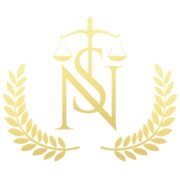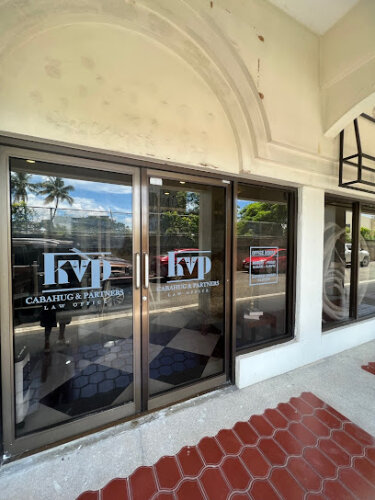Best Antitrust Lawyers in Cebu City
Share your needs with us, get contacted by law firms.
Free. Takes 2 min.
List of the best lawyers in Cebu City, Philippines
About Antitrust Law in Cebu City, Philippines:
Antitrust law in Cebu City, Philippines, aims to promote fair competition in the market by prohibiting anti-competitive practices such as cartels, price-fixing, and abuse of dominant market positions. These laws seek to protect consumers and ensure a level playing field for businesses.
Why You May Need a Lawyer:
You may need a lawyer for antitrust issues in Cebu City if you suspect anti-competitive behavior by other businesses, if you are being investigated for antitrust violations, or if you want to ensure compliance with antitrust laws to avoid potential legal disputes.
Local Laws Overview:
Key aspects of antitrust laws in Cebu City, Philippines, include the Philippine Competition Act, which prohibits anti-competitive agreements and abuses of dominant positions. The Philippine Competition Commission is the regulatory body responsible for enforcing these laws and investigating antitrust violations.
Frequently Asked Questions:
1. What is considered an antitrust violation in Cebu City?
Antitrust violations in Cebu City include price-fixing, bid-rigging, market allocation agreements, and abuse of dominant market positions.
2. How can I report an antitrust violation in Cebu City?
You can report antitrust violations to the Philippine Competition Commission through their website or hotline.
3. What are the penalties for antitrust violations in Cebu City?
Penalties for antitrust violations in Cebu City may include fines, injunctions, and criminal prosecution for severe violations.
4. Can individuals file private antitrust lawsuits in Cebu City?
Yes, individuals can file private antitrust lawsuits in Cebu City to seek damages for antitrust violations.
5. How can a lawyer help me with antitrust compliance in Cebu City?
A lawyer can help ensure your business complies with antitrust laws, conduct antitrust compliance training, and represent you in antitrust investigations or lawsuits.
6. Are there any exemptions to antitrust laws in Cebu City?
There are limited exemptions to antitrust laws in Cebu City, such as for certain collaborations that benefit consumers or promote economic efficiency.
7. How long does an antitrust investigation in Cebu City typically last?
The duration of an antitrust investigation in Cebu City can vary depending on the complexity of the case and the cooperation of the parties involved.
8. Can foreign businesses be subject to antitrust laws in Cebu City?
Yes, foreign businesses operating in Cebu City are subject to Philippine antitrust laws and can be held accountable for antitrust violations.
9. What should I do if I receive a notice of antitrust investigation in Cebu City?
If you receive a notice of antitrust investigation in Cebu City, it is crucial to seek legal advice immediately to protect your rights and interests during the investigation.
10. How can I stay updated on antitrust developments in Cebu City?
You can stay updated on antitrust developments in Cebu City by following the Philippine Competition Commission's announcements, attending industry seminars, and consulting with antitrust lawyers.
Additional Resources:
For more information on antitrust laws in Cebu City, you can visit the Philippine Competition Commission's website or seek guidance from legal organizations such as the Integrated Bar of the Philippines.
Next Steps:
If you require legal assistance for antitrust issues in Cebu City, it is advisable to consult with an experienced antitrust lawyer who can provide tailored advice and representation to help you navigate the complexities of antitrust laws in the Philippines.
Lawzana helps you find the best lawyers and law firms in Cebu City through a curated and pre-screened list of qualified legal professionals. Our platform offers rankings and detailed profiles of attorneys and law firms, allowing you to compare based on practice areas, including Antitrust, experience, and client feedback.
Each profile includes a description of the firm's areas of practice, client reviews, team members and partners, year of establishment, spoken languages, office locations, contact information, social media presence, and any published articles or resources. Most firms on our platform speak English and are experienced in both local and international legal matters.
Get a quote from top-rated law firms in Cebu City, Philippines — quickly, securely, and without unnecessary hassle.
Disclaimer:
The information provided on this page is for general informational purposes only and does not constitute legal advice. While we strive to ensure the accuracy and relevance of the content, legal information may change over time, and interpretations of the law can vary. You should always consult with a qualified legal professional for advice specific to your situation.
We disclaim all liability for actions taken or not taken based on the content of this page. If you believe any information is incorrect or outdated, please contact us, and we will review and update it where appropriate.

















